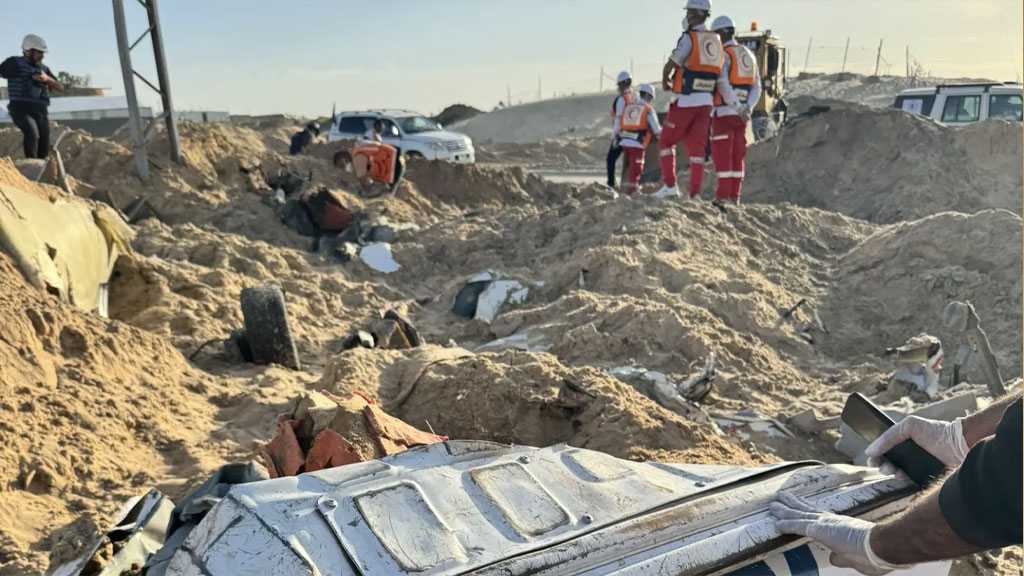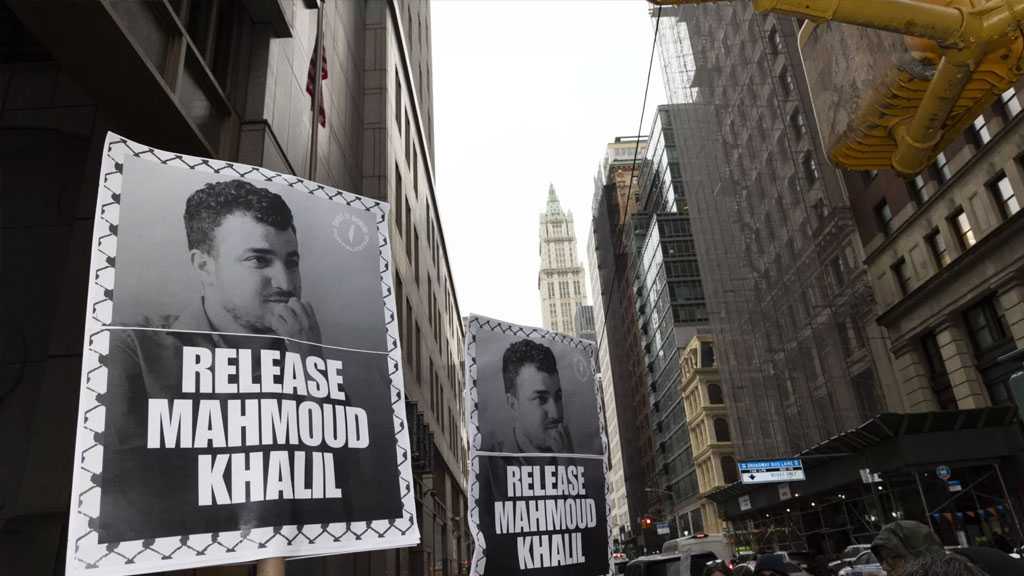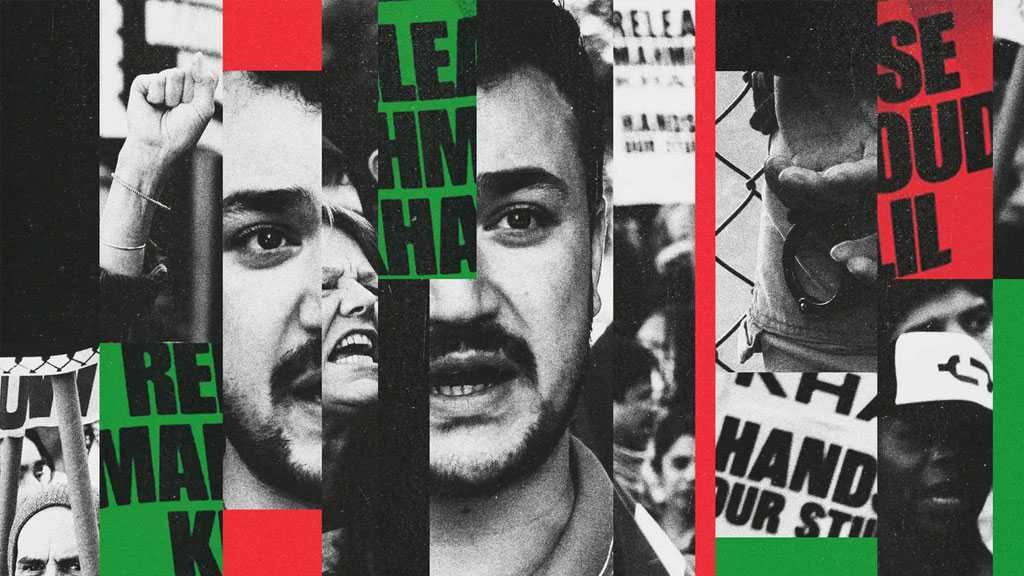
Palestinian Hackers: A Web of Struggle

Fadi Abu Saada
A new form of resistance is taking root among Palestinian activists, namely hacking. Last year, Palestinian hackers succeeded in breaking into some of
"Israel's" most sensitive security sites.
Ramallah - Armed with keyboards and modems, the "Palestinian Electronic Struggle" announces the birth of a new means of resistance against the "Israeli" occupation. Palestinian hacktivists, shielded behind aliases and firewalls, take aim at "Israel's" fortified servers.
Among them is a young Palestinian woman who goes by the name al-Aanida (the stubborn one). She has been involved in hacking "Israeli" websites since 2002.
Al-Aanida stresses that she is "not one of the bad hackers," as the term may suggest. "I cannot forget the spring of 2002, when "Israel" conducted Operation Defensive Shield against all Palestinian cities. That, to me, was the beginning, and many of my beliefs have changed since then."
Al-Aanida recalls that when the operation was first launched, "Israeli" occupation forces fired rockets on the city of Nablus, deliberately cutting off all forms of communication, particularly the Internet. Their primary goal was to prevent the Palestinian perspective on the attacks from reaching the world.
"Our group began to contact friends and experts in computers and programming. We agreed on the necessity to keep Palestinian voices heard under such conditions. We decided to attack "Israeli" Internet servers, but not destroy them. Rather we obtained different IPs that would allow Palestinian activists to use the "Israeli" Internet to continue reporting on the occupation's crimes against us," she says.
"It was a complicated operation, but a successful one," al-Aanida continues, "We believe that, in this case, hacking served the public interest. We consider what we did a struggle for the benefit of the [Palestinian] cause. That's who we are. We were very pleased with our success in serving the country, even if it were through so-called hacking."
In 2011, Palestinian and Arab online activists hacked into "Israeli" websites that belong to a number of key security agencies. "Israeli" radio reported that "among those sites was that of the "Israeli" army, the internal security services [Shin Bet], and the foreign intelligence services [Mossad]."
In addition to hacking "Israeli" military and politicians' websites, Palestinians also attacked the sites of a number of "Israeli" hospitals, namely Sheba Medical Center. Those attacks were in response to the "Israeli" army's interception of two ships carrying humanitarian aid to Gaza. Moreover, Palestinian hackers succeeded in penetrating the "Israeli" Kadima Party's official website, while a group of Algerian activists managed to hack into Knesset members' websites, among others.
Also, a group that identifies itself as Gaza Hackers managed to find their way into the "Israeli" Fire and Rescue services website. They posted a photo of "Israel's" Deputy Foreign Minister Danny Ayalon with footprints over his face on the main page of the website.
Ayalon had described the attack by Saudi hacker 0xOmar, who succeeded in leaking information about tens of thousands of "Israeli" credit cards, as "an act of terror" and threatened him with death.
In addition to hacking "Israeli" military and politicians' websites, Palestinians also attacked the sites of a number of "Israeli" hospitals, namely Sheba Medical Center.
As a result, the website was completely overwhelmed and was forced to shut down. The same method was used to hack the websites of the "Israeli" stock market and "Israel's" El Al airlines.
In return, official Palestine Authority (PA) websites were targeted by unknown groups. Palestinian Minister of Communications and Technology, Mashhour Abu Dakka, told Al-Akhbar that after a series of such attacks - following the recognition of Palestine by UNESCO - the Cabinet requested the formation of an electronic security group of Palestinian experts to make recommendations."
On the other hand, Abu Dakka denied the existence of any security group affiliated with the PA that specializes in information security or that tracks so-called hackers. He maintained that there are no organized hacker groups in Palestine, despite the fact that "Israeli" websites had been hacked.
The Palestinian public in turn has its own point of view regarding hacking and its impacts on "Israe". Carol, from Bethlehem, says that "hacking is definitely annoying to any state and I support any action that disturbs "Israel". In my simple understanding of information wars, hacking may succeed in creating chaos and confusion - leaking or deleting information - which may be vital for running state affairs. However, this is not only a security and political matter. It also effects economic activity, which is the primary war, for economics is at the root of the problem."
Raed Awwad explains that he supports such a method of struggle, especially if the websites under attack are economic- or security-sensitive because that would have a huge impact on "Israel".
Samir Abul Rabb from Jenin in turn believes that ""Israel" is more technologically advanced in this regard - and in most fields - than the Arab world. However, the Palestinian people have nothing to lose from these attacks."
Nasser from Ramallah views Palestinian hacking as a "recent phenomenon that began to emerge lately," but he reduces the significance of its impact by saying, "in my opinion, hacking is ineffective."
Source: Al-Akhbar Lebanese Daily



